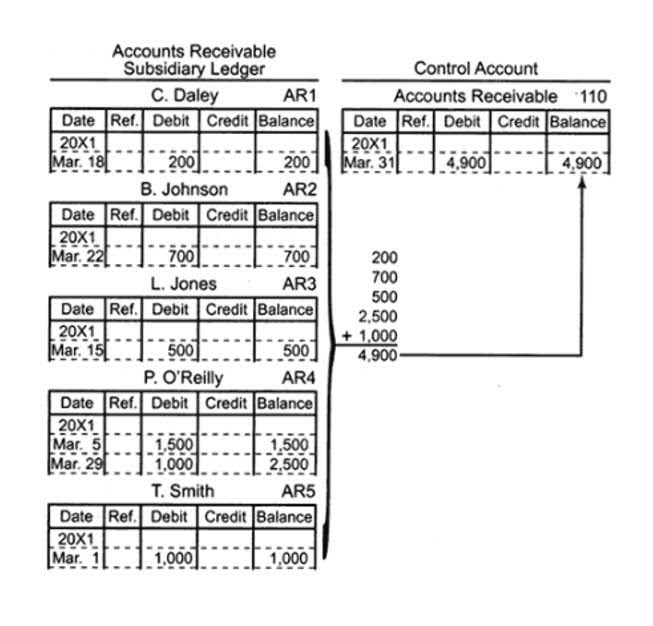
Each state has its own set of rules and guidelines for trust accounting, including how accounts should be set up, managed, and audited. Lawyers must familiarize themselves with these requirements to ensure their practices are in full compliance. net sales This includes understanding the nuances of IOLTA accounts, record-keeping standards, and reporting obligations.
Step 1: Hold Fast to Your State’s Bar Association Rules

PracticePanther is a leading cloud-based law practice management software solution that serves tens of thousands of legal professionals in 170 countries. Adhering to trust accounting principles helps lawyers avoid legal issues and fosters a strong, ethical foundation in their practice, reinforcing their professional reputation and ensuring the financial integrity of their firm. By utilising MyDocSafe, professionals can refine their document management processes, ensuring they uphold transparency and efficiency in financial management while adeptly handling sensitive client information.
Ethical Responsibilities in Trust Accounting: Ensuring Transparency and Accountability
IOLTA trust accounts earn interest that banks typically transfer automatically to your local Bar Association. The associations generally use these interest funds for activities such as civil legal services. Start a free trial today and discover the power of trust accounting for lawyers automation at your firm.

What is Legal Matter Management? Insights and Value.

For example, an exemption in Missouri allows lawyers to forego their trust account for flat-fee services under $2,000. Having a trust account to comply with legal regulations might seem obvious. As mistakes may come with serious repercussions, lawyers need to be aware of all laws and rules when dealing with these accounts. Learning the terms and definitions for various aspects of good trust account management is one thing. It involves the diligent tracking and safeguarding of client funds that have been entrusted to a firm for any number of reasons. If your firm operates above board, going above and beyond other firms you have an advantage.
- Clients should be allowed to see their specific ledger at any time, inconvenient as that may be.
- Recent statistics indicate that approximately 30% of attorneys reported difficulties in maintaining compliance with financial regulations, emphasising the urgent need for effective solutions.
- This includes financial planning, risk management, record-keeping, and financial reporting.
- For the trust liability account, the account type is Other Current Liabilities, and the account detail type is Trust Accounts – Liabilities.
- With its robust features, intuitive interface, and seamless integration with QuickBooks Online, LeanLaw offers a comprehensive solution for efficient and compliant trust account management.
- It’s unclear whether or not charging such an “intake fee” doesn’t count as part of this limit.
- Additionally, non-compliance with financial oversight principles can result in severe judicial repercussions, including disbarment and substantial monetary penalties.

To see how LawPay can optimize your lawyer trust account management, schedule a demo today and discover how it can transform your trust accounting process. Client trust accounts are used to real estate cash flow manage funds that belong to clients, such as advance fee deposits, settlement proceeds, and other client funds that require safekeeping. The interest generated typically depends on the type of account and the institution holding the funds. Additionally, attorneys might turn to more generalized accounting solutions like QuickBooks Online or Xero for managing their financials and record keeping, rather than Excel spreadsheets.
- Additionally, MyCase’s robust accounting features help firms easily perform trust reconciliations—providing comprehensive financial management for your practice.
- Increase your law firm’s financial stability with our comprehensive finance guide.
- However, by understanding the regulations that define and govern IOLTA accounting, you can minimize the risk of compliance issues and avoid common pitfalls.
- Regular audits, accurate record-keeping, and adherence to ethical guidelines are paramount.
- In the past, attorneys kept track of client trust funds using ledger cards, with the vague hope that their records were both accurate and current.
0 Comments